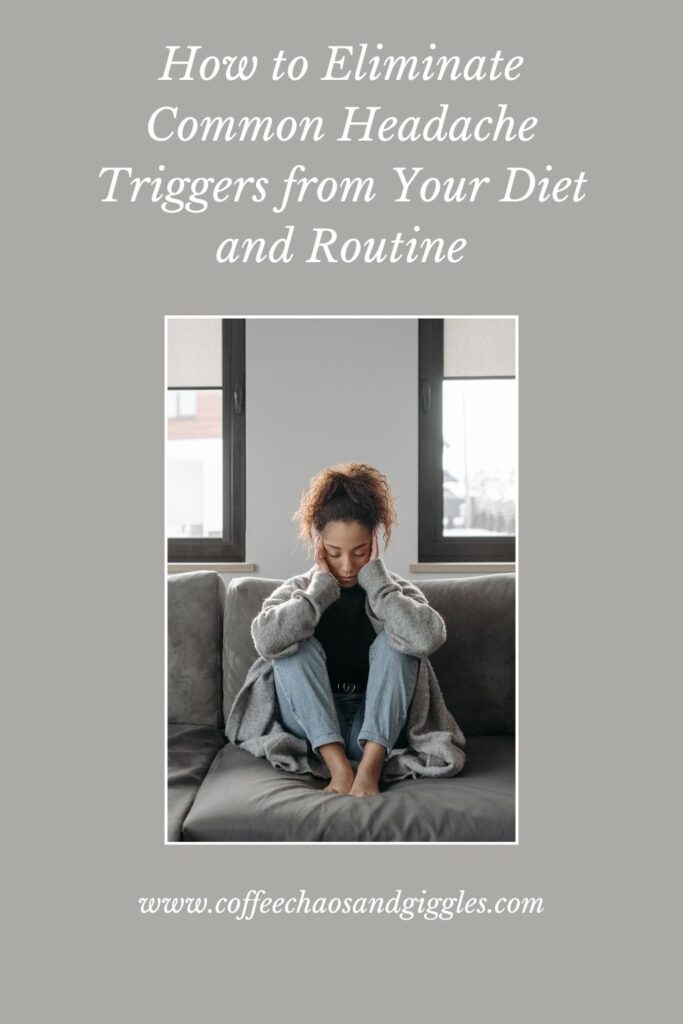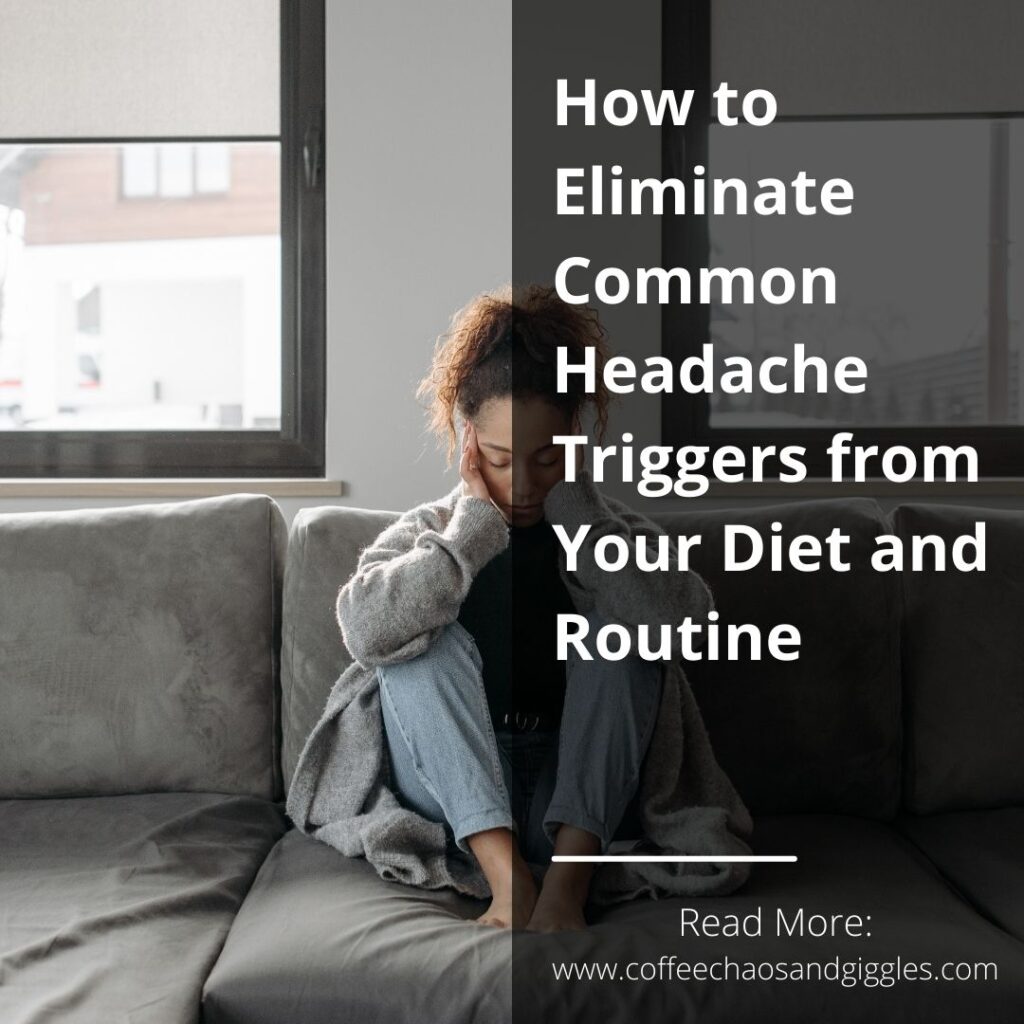How to Eliminate Common Headache Triggers from Your Diet and Routine
Headaches can derail your day, leaving you frustrated and seeking relief. While over-the-counter pain relievers offer temporary solutions, eliminating the root causes of headaches is a more sustainable approach. If you’re looking to adjust your diet and daily habits to reduce headache triggers, this guide will help you take proactive steps toward a clearer, pain-free day.

Common Dietary Culprits of Headaches
Certain foods and beverages are notorious for triggering headaches. By identifying and eliminating these from your diet, you can significantly reduce the frequency and intensity of headaches.
- Caffeine
Caffeine is a double-edged sword. In small amounts, it can relieve headaches, but consuming too much—or cutting it out abruptly—can cause withdrawal headaches. If you rely on coffee or energy drinks, try gradually reducing your intake instead of going cold turkey. - Processed Foods
Foods with artificial additives like monosodium glutamate (MSG), nitrates, or sulfites (found in deli meats, bacon, and packaged snacks) can trigger headaches. Focus on whole, minimally processed foods to avoid these triggers. - Sugar and Artificial Sweeteners
High sugar intake or artificial sweeteners like aspartame can cause blood sugar fluctuations, leading to headaches. Try replacing sugary snacks with fruit or unsweetened options and monitor your body’s response. - Aged Cheeses and Fermented Products
Tyramine, found in aged cheeses, soy sauce, and fermented foods, is a known headache trigger. If you frequently consume these, consider scaling back to see if your headaches improve. - Alcohol
Red wine and beer contain compounds that can cause dehydration or dilate blood vessels, leading to headaches. Staying hydrated and limiting alcohol intake can help.
Lifestyle Habits That Might Be Triggering Headaches
Aside from diet, your daily routine may also contribute to headaches. Here are habits to examine and adjust:
- Dehydration
Even mild dehydration can cause headaches. Ensure you’re drinking enough water throughout the day—aim for at least 8 cups (or more if you’re active). - Screen Time
Prolonged exposure to screens can strain your eyes and cause tension headaches. Follow the 20-20-20 rule: every 20 minutes, look at something 20 feet away for at least 20 seconds. - Poor Sleep Habits
Inconsistent sleep schedules or lack of quality sleep can lead to headaches. Prioritize 7-9 hours of sleep per night and maintain a regular sleep-wake cycle. - Skipping Meals
Long gaps between meals can cause blood sugar drops, leading to headaches. Eat balanced meals with protein, healthy fats, and fiber to stay fueled throughout the day. - Stress
Chronic stress is a significant headache trigger. Incorporate relaxation techniques like yoga, meditation, or deep breathing into your routine to manage stress levels.
Steps to Eliminate Triggers
- Track Your Triggers
Keep a headache diary to note when headaches occur, what you ate, your hydration levels, stress levels, and any other factors that may contribute. Patterns will help you identify specific triggers. - Eliminate One Trigger at a Time
Avoiding all potential triggers at once can feel overwhelming. Instead, start by eliminating one item, such as sugar or processed foods, for a few weeks to observe changes. - Replace, Don’t Deprive
Find healthier alternatives for the things you eliminate. For example, swap sugary drinks for herbal teas or sparkling water, and replace processed snacks with nuts or fresh fruits. - Prioritize Self-Care
Incorporate stress management techniques, stay hydrated, and build consistent sleep and meal routines to support your efforts.





